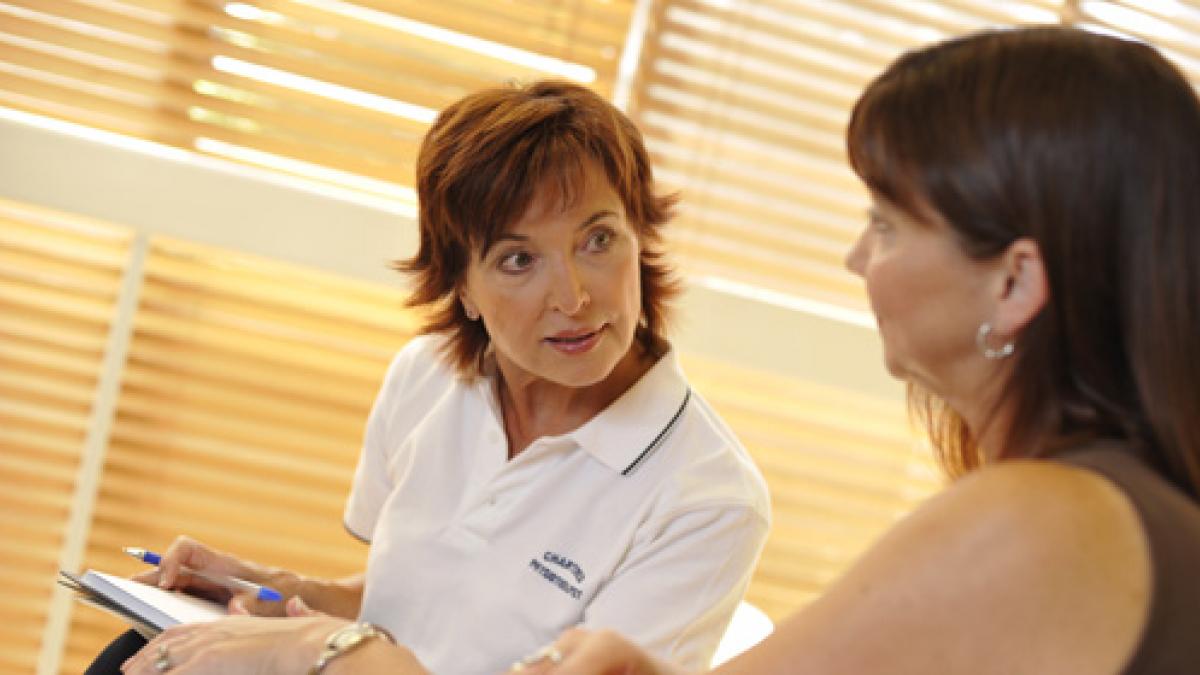Adults and children with complex continence problems should be referred to a specialist service including physiotherapy, says NHS England

More than 14 million adults in the UK have bladder control problems
Incontinence - read more
The document Excellence in continence care, published this week, says that professional assessment is the foundation of high-quality continence care.
‘Many children, young people and adults with continence needs can be cured, but where this is not achievable a robust treatment and management plan can improve the quality of life for most,’ NHS England says.
The guidance says that measuring outcomes is an essential mechanism to check that patients have received the best care.
‘Measuring outcomes forms a key indicator of success and implementing effective continence care pathways and services is fundamental in achieving this,’ it says.
The ‘bothersomeness’ of symptoms and the embarrassment they cause is increasingly being used to measure the effects of people’s symptoms.
The report points to the ICIQ-UI patient perception rating from the British Association of Urological Surgeons, which asks people to rate the effect of their current bladder or bowel problems. This allows clinicians to measure improvements as a patient-reported outcome.
Awareness is key
CSP professional adviser Jenny Nissler welcomed the guidance, saying: ‘This is relevant to all members involved with many of the “at risk” groups, including those with long-term conditions, disabilities and complex needs, as well as people at particular life-stages or with conditions associated with symptoms, such as following childbirth, or with prostatic cancer.’
She also said that awareness of continence problems was key to being able to advise or signpost patients, leading to early referral and prevention of the progression of symptoms, where this was possible.
NHS England’s report says that more than 14 million adults in the UK have bladder control problems and 6.5 million have bowel control problems.
In addition, 900,000 children and young people suffer from bladder and bowel dysfunction.
Find Out More
Number of subscribers: 0



































